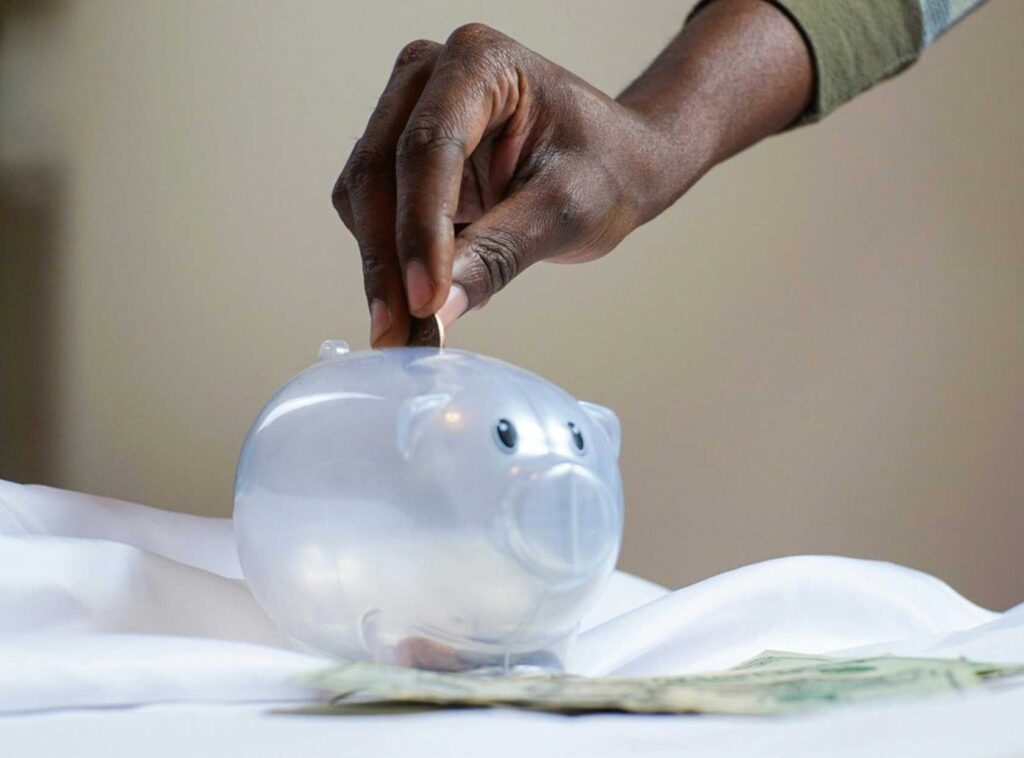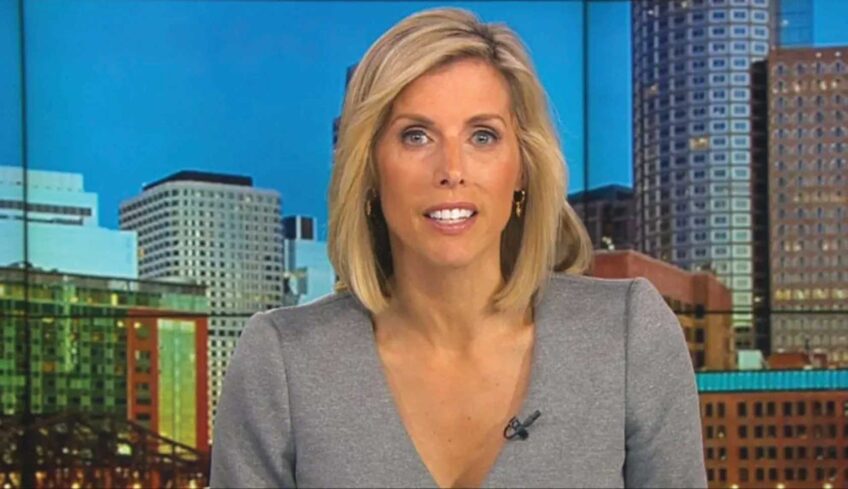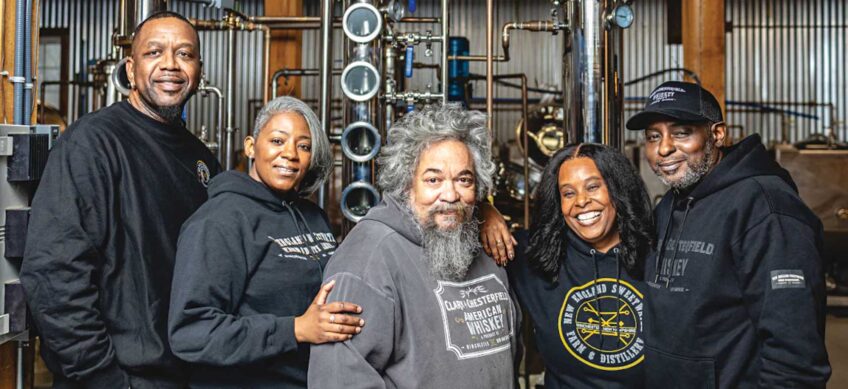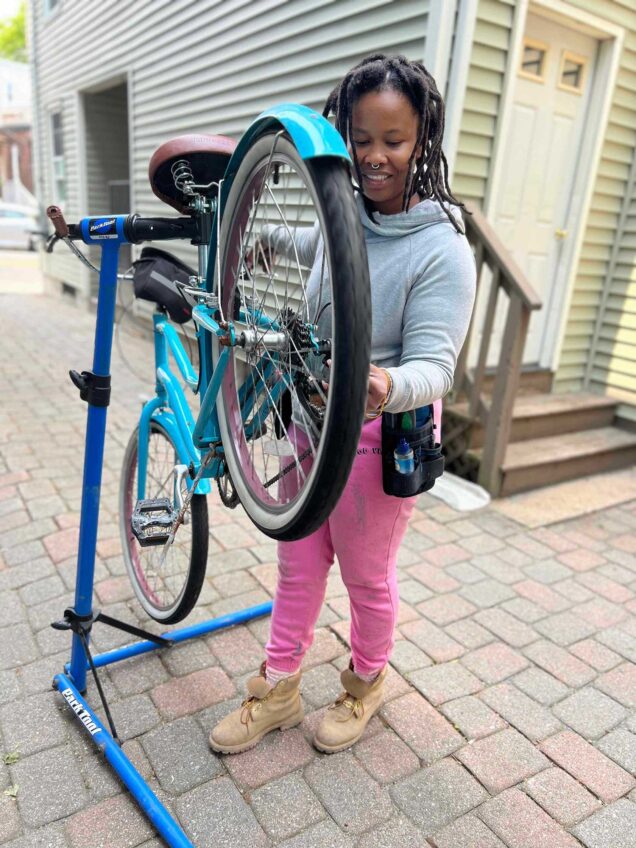
Banner Business Sponsored by The Boston Foundation
Let’s be real — budgeting or talking about money isn’t easy. And in our community, we don’t always talk about our finances as openly as we talk about sports or music. I remember my first real conversation about money: I was 15, my mom had recently divorced, and I asked her for lunch money — the second time that week. She sat me down and said, “We’re going from a two-income household to one. Everyone has to do their part.” That moment opened my eyes to the importance of managing money, saving and working hard.
In 2025, everything feels like it’s becoming more expensive — from gas and groceries to school supplies. Whether you’re running a business, managing a household, or just trying to keep up, it’s important now more than ever to keep a close eye on your numbers. The question is: How do we set ourselves up for long-term financial success in uncertain times?
I’ve been managing budgets since I got my first job at 15 — both for myself and for major corporations. Here are my five quick steps to help you jumpstart your journey for financial freedom:
The five-step essential financial check-up
Step 1: Ask yourself: How much do you need?
What are your monthly living costs? Start with the basics: rent/mortgage, groceries, transportation, utilities and childcare.
Step 2: Ask yourself: How much do you really make?
Pull your recent pay stubs and tax forms to get a clear idea of how much money you’re actually making. In this step, it’s important to consider any life changes that may impact how much you’re making, for example: a new job, marriage, having children or pulling side gigs.
Step 3: Get to work on building your budget
Use a spreadsheet, notebook, or app — whatever works. The key is to track your spending and earnings weekly. Remember, it’s crucial to review your budget often. These numbers won’t lie. They’ll show you what’s working and what’s not. Most importantly: Be consistent! Set a time to make your budget each week and stick to it!
These three steps are just the beginning, of getting a good grip on where your green is going. With weekly budgeting, you can create a physical and mental reminder of exactly how you’re spending your money.
Better yet, budgeting actively works to improve your financial health by teaching us how to best spend the money we do have, rather than the money we wish we had. We can’t prepare for tomorrow if we don’t know we are today.
Let’s Talk About Debt
Now, let’s have an honest conversation about debt. It hits our community hard and plays a major role in the racial wealth gap. I didn’t learn that from an article or panel—I learned it at 22, during a conversation at my first corporate job.
A colleague, let’s call him Bob, mentioned paying for his daughter’s wedding and another daughter’s tuition. I mentioned I had earned scholarships. He nodded and said, “Yeah, but my daughters’ scholarships were academic.”
Bob, in a poor attempt to undermine my academic prowess, was referencing how society thinks most Black college students only earned their spot on campus due to need-based financial aid programs like FAFSA. Not letting him slide, I quickly listed off my accolades to let him know I graduated in the top 5% of my class.
At the same time, the moment was a reality check for me: Not everyone starts their adult life borrowing money.
Debt really is the nail in the coffin when it comes to keeping Black students and their families from financial success.
And student loans are only part of our problem. In our 20s, many of us may turn to credit cards for short-term fixes, but these credit lines tangle us up in long-term problems.
Step 4: Rewrite the rules and review your budget
What if we rewrote the rules? It’s up to us to build wealth for our families instead of passing down more generations of financial stress.
The Black community faces more predatory lending and higher interest rates. That’s why it’s critical to review your debt and make a plan to get it down, one payment at a time.
Shifting to a more savings-oriented mindset not only helps actually start saving money, it can also give us peace of mind. Eventually, this allows us to reduce finance-related stress and improve our mental health.
Step 5: Save it like you made it (because you did!)
Once you’ve got your debt under control, even a small savings habit can make a big difference in your finances. A high yield savings account is a great place to start — whether you’re saving for car maintenance, medical emergencies or just building a safety net.
But remember: These accounts truly only offer peace of mind. To actually save money, you need a consistent form of income and good planning skills.
Saving is a privilege, though it shouldn’t be — that’s why many of us work multiple jobs to make ends meet or constantly come up with innovative ways to reduce expenses.
That’s why I started saving by moving in with my cousin last year. I know what you’re thinking: No, it wasn’t glamorous, but it worked. That’s the kind of honesty we need to have with ourselves and our finances.
We should feel more comfortable discussing our financial goals — think of it as a way of looking out for one another. This way, we can share in our struggles and triumphs navigating today’s economy.
Now, let’s review the steps we can all take together to keep our financial health in check.
A Quick Recap:
We can rewrite our financial history with weekly budgeting, regular review of our debt and saving with intention. But it’s up to us — we can change the story. We can teach our next generation how to practice smart money habits. That way, they don’t have to learn the hard way like many of us did.
Your 5-Step Financial Health Check:
1. Know your monthly expenses.
2. Know your monthly income.
3. Build and review your budget weekly.
4. Review your current debt and create a plan.
5. Start saving — every little bit counts.
Laketress Jones is a corporate finance manager and founder of Black Woman in Finance, LLC.







